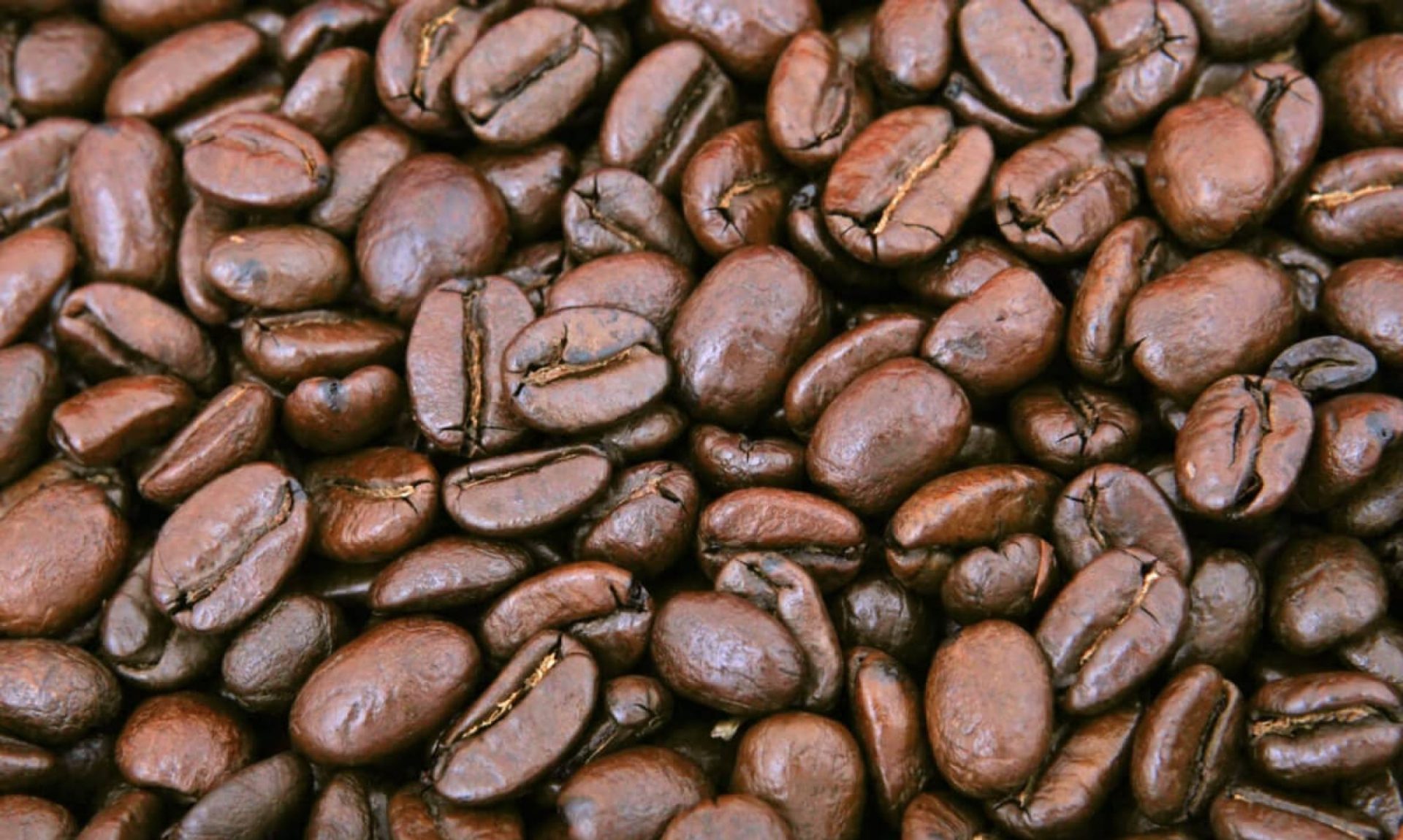In one of the previous articles I wrote about cow’s milk or cream in the coffee. This time we are not going to look at milk. Instead, let’s take a look at the milk alternatives. They are also suitable for vegans, who love coffee.
If you’re looking for milk alternatives to cow’s milk or cream in your coffee, there are several options available. Here are some of the most popular alternatives:
- Almond milk: Almond milk is a popular non-dairy milk alternative that has a mild, slightly nutty flavor. It’s lower in calories and fat than cow’s milk and is a good source of vitamin E.
- Soy milk: Another popular non-dairy milk alternative, soy milk, has a creamy texture and a slightly sweet taste. It’s also a good source of protein, calcium, and vitamin D.
- Oat milk: Oat milk is a creamy, slightly sweet non-dairy milk alternative that’s made from oats. It’s higher in carbohydrates than other non-dairy milks but is also a good source of fiber.
- Coconut milk: Coconut milk has a rich, creamy texture and a slightly sweet, nutty flavor. It’s higher in calories and fat than other non-dairy milks, but it’s also a good source of medium-chain triglycerides, which have been linked to several health benefits.
- Hemp milk: Hemp milk is a non-dairy milk alternative made from hemp seeds. It has a nutty, slightly sweet flavor and is a good source of protein and omega-3 fatty acids.
- Cashew milk: Cashew milk is a creamy, slightly sweet non-dairy milk alternative made from cashews. It’s a good source of healthy fats and antioxidants.
When it comes to adding these non-dairy milk alternatives to your coffee, you can prepare them in much the same way as you would cow’s milk. Heat the milk in a saucepan or the microwave, froth it if desired, and then pour it into your coffee. Experiment with different types of non-dairy milk to find the one that works best for you and your taste preferences.
